Home>Garden Essentials>What Are Coriander Seeds Used For
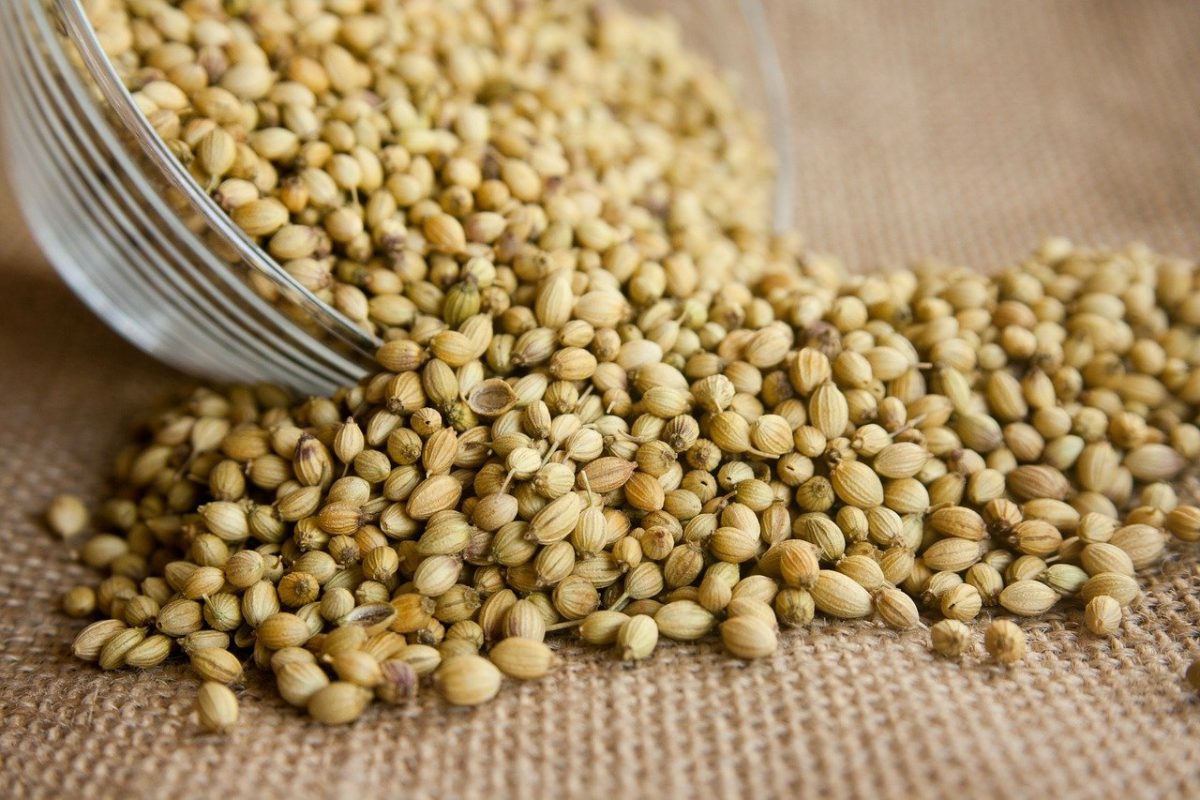

Garden Essentials
What Are Coriander Seeds Used For
Modified: March 23, 2024
Discover the versatility of coriander seeds in your garden. Learn how to use coriander seeds for culinary and medicinal purposes, bringing fresh flavors to your dishes!
(Many of the links in this article redirect to a specific reviewed product. Your purchase of these products through affiliate links helps to generate commission for Storables.com, at no extra cost. Learn more)
Introduction
Coriander seeds, derived from the Coriandrum sativum plant, are a versatile and widely used spice in the culinary world. These small, round seeds pack a punch of flavor and boast a range of health benefits. Known for their distinct citrusy and slightly floral aroma, coriander seeds are commonly used in various cuisines, including Indian, Mexican, Middle Eastern, and Asian.
Coriander seeds have been utilized for culinary as well as medicinal purposes for centuries. They are an integral part of spice blends, marinades, curries, pickles, and even beverages. Besides their delicious taste, coriander seeds are also packed with essential nutrients and have been traditionally used for their medicinal properties.
In this article, we will explore the diverse uses of coriander seeds, both in terms of culinary applications and their potential health benefits. From ayurvedic medicine to skincare products, coriander seeds play a significant role in various aspects of our daily lives.
Key Takeaways:
- Coriander seeds are not just a spice; they’re a versatile ingredient used in cooking, medicine, beauty products, and even perfumes, adding flavor, health benefits, and a touch of elegance to various aspects of our lives.
- From enhancing the taste of curries to potentially aiding digestion and skincare, coriander seeds offer a wide range of benefits, making them a valuable and multi-purpose addition to our daily routines.
Read more: What To Use Coriander Seeds For
Culinary Uses of Coriander Seeds
Coriander seeds are a staple ingredient in many cuisines around the world, thanks to their unique flavor profile. These seeds are typically toasted or ground before being used in cooking to enhance their aroma and unleash their full flavor potential.
Here are some popular culinary uses of coriander seeds:
- Spice Blends: Coriander seeds are often found in spice blends like garam masala, curry powder, and ras el hanout. These blends add depth and complexity to dishes, ranging from curries and stews to roasted vegetables and meat marinades.
- Curries and Sauces: Coriander seeds are a key ingredient in many Asian and Indian curries and sauces. They provide a warm, earthy flavor that complements the other spices and ingredients in these dishes. Whether it’s a homemade curry or a simple tomato sauce, adding a pinch of ground coriander can elevate the flavors.
- Pickling: Coriander seeds are an essential component of pickling spice blends. They lend a tangy and slightly sweet flavor to pickled vegetables, enhancing the overall taste and preserving the ingredients.
- Breads and Baked Goods: Ground coriander seeds can be incorporated into bread dough, giving it a subtle, aromatic twist. They are also used in the preparation of traditional baked goods like spice cookies and cakes.
- Chutneys and Salsas: Coriander seeds are often used in the making of chutneys and salsas. They add a zesty and refreshing element to these condiments, balancing out the flavors and providing a hint of citrusy tang.
- Pickling and Preserving: Whole coriander seeds can be used in the brine for pickling vegetables or fruits. They release a delightful aroma and impart a subtle flavor to the pickles, adding depth to the overall taste.
With their versatile nature and ability to enhance the taste of various dishes, coriander seeds have become a pantry staple for many home cooks and professional chefs alike.
Medicinal Uses of Coriander Seeds
Coriander seeds have been used for centuries as a natural remedy for various ailments due to their potent medicinal properties. These seeds are rich in essential oils and phytonutrients that offer a range of health benefits.
Here are some of the potential medicinal uses of coriander seeds:
- Digestive Health: Coriander seeds have been traditionally used to support digestion. They possess carminative properties that can help relieve indigestion, bloating, and flatulence. Consuming coriander seed tea or incorporating the seeds into your meals can help promote healthy digestion.
- Anti-Inflammatory Effects: Coriander seeds contain compounds with anti-inflammatory properties, such as linoleic acid and cineole. These compounds may help reduce inflammation in the body and alleviate symptoms associated with inflammatory conditions like arthritis and gout.
- Cholesterol Management: Research suggests that coriander seeds may aid in managing cholesterol levels. They contain compounds that can help lower LDL (“bad”) cholesterol while increasing HDL (“good”) cholesterol, promoting heart health.
- Blood Sugar Regulation: Coriander seeds may have a beneficial effect on blood sugar levels. Studies have shown that these seeds can help regulate glucose metabolism, potentially benefiting individuals with diabetes or prediabetes. However, further research is needed to fully understand their impact in this regard.
- Antioxidant Properties: The antioxidant compounds found in coriander seeds, such as quercetin and vitamin C, help combat oxidative stress and protect against cellular damage caused by free radicals. This antioxidant activity may contribute to overall health and wellness.
- Anti-Microbial Activity: Coriander seeds have exhibited antimicrobial properties against certain strains of bacteria and fungi. These properties make them potentially useful in preventing and treating minor infections and skin conditions.
It is important to note that while coriander seeds have many potential health benefits, they should not be used as a substitute for professional medical advice. If you are considering using coriander seeds for medicinal purposes, please consult with a healthcare professional.
Coriander Seeds in Ayurveda and Traditional Medicine
Ayurveda, the ancient Indian system of medicine, has long recognized the therapeutic properties of coriander seeds. In Ayurvedic medicine, coriander seeds are considered to have a balanced and cooling effect on the body, making them a popular remedy for various ailments.
Here are some ways coriander seeds are used in Ayurveda and traditional medicine:
- Digestion and Detoxification: Coriander seeds are believed to stimulate digestion and support liver function. They are often used in Ayurvedic formulations to enhance digestion, relieve acidity, and detoxify the body.
- Respiratory Health: In Ayurveda, coriander seeds are valued for their expectorant properties. They are used in remedies to alleviate respiratory issues such as cough, bronchitis, and congestion.
- Urinary Health: Coriander seeds are considered a diuretic in Ayurveda, meaning they help promote urine production and support kidney health. They are often used to flush out toxins from the body and maintain urinary tract function.
- Sleep Aid: In traditional medicine, coriander seeds are sometimes used as a natural sleep aid. They are believed to have calming properties and can help promote relaxation, making them ideal for those struggling with insomnia or sleep disturbances.
- Menstrual Health: Coriander seeds have been used traditionally to support menstrual health. They are believed to help regulate menstrual cycles, reduce menstrual pain and cramps, and alleviate symptoms associated with PMS (premenstrual syndrome).
- Anti-Anxiety and Mood Enhancer: Coriander seeds are also valued for their potential calming effects on the mind and body. They are believed to have anxiety-reducing properties and can be used to promote a sense of relaxation.
While coriander seeds have a long history of use in Ayurveda and traditional medicine, it’s important to note that scientific evidence supporting their effectiveness is limited. It is always advisable to consult with a qualified Ayurvedic practitioner or healthcare professional before using coriander seeds for medicinal purposes.
Coriander Seeds in Home Remedies
Coriander seeds are commonly used in home remedies to address various health concerns. The natural compounds found in these seeds offer potential therapeutic benefits and can be easily incorporated into homemade remedies for a range of ailments.
Here are a few examples of how coriander seeds can be used in home remedies:
- Digestive Aid: Coriander seed tea is a popular home remedy for digestive issues such as indigestion, bloating, and gas. To prepare the tea, crush a tablespoon of coriander seeds and steep them in hot water for 10-15 minutes. Strain and drink the tea to help calm an upset stomach.
- Soothing Sore Throat: Gargling with coriander seed-infused water can provide relief for a sore throat. Boil one teaspoon of coriander seeds in two cups of water for about 10 minutes. Allow the water to cool, strain, and use it as a gargle to soothe throat irritation.
- Acne Treatment: Coriander seed paste can be used as a natural remedy for acne-prone skin. Grind coriander seeds with water to form a paste and apply it to the affected areas. Leave it on for 15-20 minutes before rinsing off. The antibacterial properties of coriander seeds may help reduce inflammation and prevent acne breakouts.
- Relief from Joint Pain: Coriander seed oil can be used topically to alleviate joint pain and inflammation. Mix a few drops of coriander seed oil with a carrier oil like coconut oil, and massage it into the affected area for pain relief and improved mobility.
- Sleep Aid: Drinking a cup of warm coriander seed milk before bed is believed to promote better sleep. To make coriander seed milk, simmer one teaspoon of crushed coriander seeds in a cup of milk for about 5 minutes. Strain and drink it warm before bedtime.
- Hair and Scalp Health: A homemade hair rinse using coriander seeds can help nourish the scalp and add shine to the hair. Boil a handful of crushed coriander seeds in water and let it cool. Use the strained liquid as a final rinse after shampooing to promote healthy hair and scalp.
While these home remedies are often used for their potential benefits, it’s essential to remember that individual results may vary. If you have any concerns or underlying health conditions, it’s advisable to consult with a healthcare professional before trying any home remedies.
Coriander seeds are commonly used as a spice in cooking, adding a warm, nutty flavor to dishes. They are often used in curries, soups, stews, and pickling recipes. Grinding the seeds into a powder can also enhance the flavor of your dishes.
Read more: How To Use Coriander Seeds
Coriander Seeds in Beauty and Skincare Products
Coriander seeds offer more than just culinary and medicinal benefits. They also have a place in the beauty and skincare industry, where their natural properties are harnessed to enhance the health and appearance of the skin and hair.
Here are some ways in which coriander seeds are used in beauty and skincare products:
- Anti-Aging Properties: Coriander seeds are rich in antioxidants that help combat free radicals and protect the skin from environmental damage. Skincare products infused with coriander seeds, such as serums and creams, can help reduce the signs of aging including fine lines, wrinkles, and age spots.
- Skin Brightening: The vitamin C content in coriander seeds can contribute to a brighter complexion. Some skincare products, such as face masks and serums, utilize coriander seeds to help fade dark spots and promote a more even skin tone.
- Anti-Inflammatory and Soothing: Coriander seeds possess anti-inflammatory properties that can help soothe irritated and sensitive skin. Skincare products formulated with coriander seeds can provide relief for conditions like acne, rosacea, and eczema.
- Oil Control: For those with oily or combination skin, coriander seeds can help regulate sebum production. Skincare products containing coriander seeds are often used to balance oiliness, reduce shine, and minimize the appearance of pores.
- Scalp and Hair Health: Coriander seeds are also beneficial for the health and condition of the hair and scalp. Hair products infused with coriander seeds, such as shampoos and conditioners, can help nourish the scalp, promote hair growth, and add shine to the hair.
- Aromatherapy: The pleasant aroma of coriander seeds is often utilized in perfumes and fragrances. Its fresh, citrusy scent adds a vibrant and uplifting note to various beauty products, including soaps, lotions, and perfumes.
When using beauty and skincare products that contain coriander seeds, it’s important to follow the instructions provided and conduct a patch test to ensure compatibility with your skin. If you have any allergies or sensitivities, it’s best to consult with a dermatologist before incorporating these products into your skincare routine.
Coriander Seeds in Perfumes and Fragrances
Coriander seeds are not just valued for their culinary and medicinal uses; they also find their way into the perfume and fragrance industry. The unique aroma of coriander seeds adds a refreshing and distinct note to various perfumes and fragrances.
Here’s how coriander seeds are utilized in perfumes and fragrances:
- Top Note: Coriander seeds are often used as a top note in perfumes, providing an initial burst of fragrance that catches the attention. The bright and citrusy scent of coriander seeds instantly uplifts the mood and adds a lively element to the overall fragrance.
- Accents and Spice: Coriander seeds serve as an accent or spice in many fragrances, adding a hint of complexity and depth. They blend well with other notes, such as citrus, floral, or woody, enhancing the overall scent and creating a unique olfactory experience.
- Herbal and Green: The herbal undertones of coriander seeds contribute to the green and natural aspect of some perfumes and fragrances. They provide a fresh and aromatic quality, reminiscent of a garden or an herbaceous landscape.
- Unisex Fragrances: Coriander seeds are commonly used in unisex fragrances due to their versatility and ability to appeal to both men and women. The combination of citrus, herbal, and slightly spicy notes from coriander seeds adds a balanced and alluring scent to these fragrances.
- Blending Component: Perfumers often use coriander seeds as a blending component to harmonize and balance the other ingredients in a fragrance composition. The warm and aromatic properties of coriander seeds help tie the different notes together, creating a cohesive and well-rounded scent.
The presence of coriander seeds in perfumes and fragrances adds a touch of vibrancy, freshness, and complexity. Whether it’s in a standalone perfume or a fragrant body lotion, coriander seed’s unique aroma brings an element of intrigue and elegance to the world of fragrance.
Coriander Seeds in Brewing and Distilling
Coriander seeds have found their way into the world of brewing and distilling, adding a unique flavor and aroma to beer, spirits, and botanical beverages. These seeds have been used for centuries to enhance the taste and complexity of various alcoholic and non-alcoholic drinks.
Here are some ways coriander seeds are utilized in brewing and distilling:
- Belgian Witbier: Coriander seeds are a key ingredient in the brewing of Belgian Witbier, a traditional Belgian wheat beer. They provide a distinct citrusy and spicy flavor that complements the orange peel and other botanicals typically used in this style of beer.
- Gin Distillation: Coriander seeds are one of the primary botanicals used in the production of gin. They impart a slightly spicy and aromatic note to this classic spirit. When combined with juniper berries and other botanicals, coriander seeds contribute to the unique flavor profile of gin.
- Liqueurs and Digestifs: Coriander seeds are often found in various liqueurs and digestifs, adding depth and complexity to the flavors. They are used in the production of herbal liqueurs such as Chartreuse and Amaro, known for their bold and bittersweet taste.
- Infused Cocktails: Coriander seeds can be used to infuse cocktails with their distinctive flavor. Bartenders often use coriander-infused spirits like vodka or tequila to create unique and flavorful cocktails. The infusion process allows the coriander seeds to release their aromatics and contribute to the overall taste profile.
- Mocktails and Botanical Beverages: Coriander seeds can also be used to enhance the flavor of non-alcoholic beverages. They can be incorporated into herbal teas, flavored water infusions, and homemade sodas, providing a refreshing and aromatic twist.
The addition of coriander seeds in brewing and distilling adds a layer of complexity and a delightful combination of citrus, spice, and herbal notes to a wide range of alcoholic and non-alcoholic beverages. Whether it’s a craft beer, a fine gin, or a botanically infused cocktail, coriander seeds play a role in elevating the drinking experience.
Coriander Seeds in Pickling and Preserving Foods
Coriander seeds have long been cherished for their role in pickling and preserving foods. Their unique flavor and aroma make them a popular choice for adding a tangy and slightly sweet twist to pickled vegetables, fruits, and other preserved foods.
Here are some ways coriander seeds are used in pickling and preserving:
- Pickling Spice: Coriander seeds are a staple ingredient in pickling spice blends. When combined with other spices like mustard seeds, dill seeds, and peppercorns, coriander seeds contribute to the complex and aromatic flavor profile of pickled foods.
- Pickled Vegetables: Whole coriander seeds can be added to the brine used for pickling cucumbers, carrots, onions, and other vegetables. They lend a subtle flavor and a delightful aroma to the pickles, enhancing their overall taste and adding depth.
- Pickled Fruits: Coriander seeds can also be incorporated into the pickling of fruits like mangoes, plums, or peaches. Their slightly sweet and citrusy flavor pairs well with the natural sweetness of the fruits, creating a unique and delicious combination.
- Preserved Condiments: Coriander seeds are often used in the preservation of condiments like chutneys and relishes. They add a tangy and aromatic element to these flavorful accompaniments, enhancing the taste and extending their shelf life.
- Sauerkraut and Kimchi: Coriander seeds can be included in the fermentation process of sauerkraut and kimchi, traditional fermented cabbage dishes. They contribute to the distinctive tangy and spicy flavors of these fermented foods, enhancing their overall taste.
- Spicy Vinegars: Coriander seeds can be infused in vinegar to create spiced vinegars. These vinegars can be used as a marinade, dressing, or flavor enhancer for various dishes, adding a zesty and tangy kick.
The addition of coriander seeds in pickling and preserving techniques brings a unique flavor and aroma to a wide range of foods. Whether it’s pickled vegetables, fruity chutneys, or fermented dishes like sauerkraut, coriander seeds play a vital role in creating flavorful and long-lasting preserved foods.
Read more: What Are Coriander Seeds
Conclusion
Coriander seeds, with their distinct flavor and aroma, have a wide range of uses beyond just being a staple spice in the kitchen. From culinary applications to medicinal remedies, beauty products, perfumes, brewing, and pickling, coriander seeds offer versatility and a unique set of benefits.
In culinary uses, coriander seeds bring depth and complexity to dishes, whether they’re used in spice blends, curries, pickles, or baked goods. They add a citrusy and slightly floral note that enhances the overall flavor profile of the food.
For centuries, coriander seeds have been recognized for their potential medicinal properties. From aiding digestion and reducing inflammation to regulating blood sugar and supporting heart health, these seeds have been used in various traditional systems of medicine.
In the beauty and skincare industry, coriander seeds offer natural benefits such as antioxidant properties, anti-inflammatory effects, and oil control. They are used in products such as creams, serums, and hair care items to promote healthy skin and hair.
Coriander seeds also find their place in perfumes and fragrances, providing a refreshing and vibrant note to various scented products. The unique aroma of coriander seeds adds complexity and elegance to the world of perfumery.
In brewing, distilling, and the art of pickling and preserving, coriander seeds contribute to the flavor profile and preservation of foods and beverages. Whether it’s adding a citrusy kick to a craft beer, enhancing the complexity of gin, or bringing a tangy twist to pickled vegetables, coriander seeds play a vital role.
In conclusion, coriander seeds are not just a culinary spice. They have a rich history and heritage in various aspects of our lives, from traditional medicine to beauty and fragrance. Their versatility, health benefits, and unique flavor make them a valuable ingredient across different industries. So, the next time you reach for that jar of coriander seeds, appreciate not only their delicious taste but also their potential to enhance your well-being and add a touch of beauty and aroma to your world.
Frequently Asked Questions about What Are Coriander Seeds Used For
Was this page helpful?
At Storables.com, we guarantee accurate and reliable information. Our content, validated by Expert Board Contributors, is crafted following stringent Editorial Policies. We're committed to providing you with well-researched, expert-backed insights for all your informational needs.
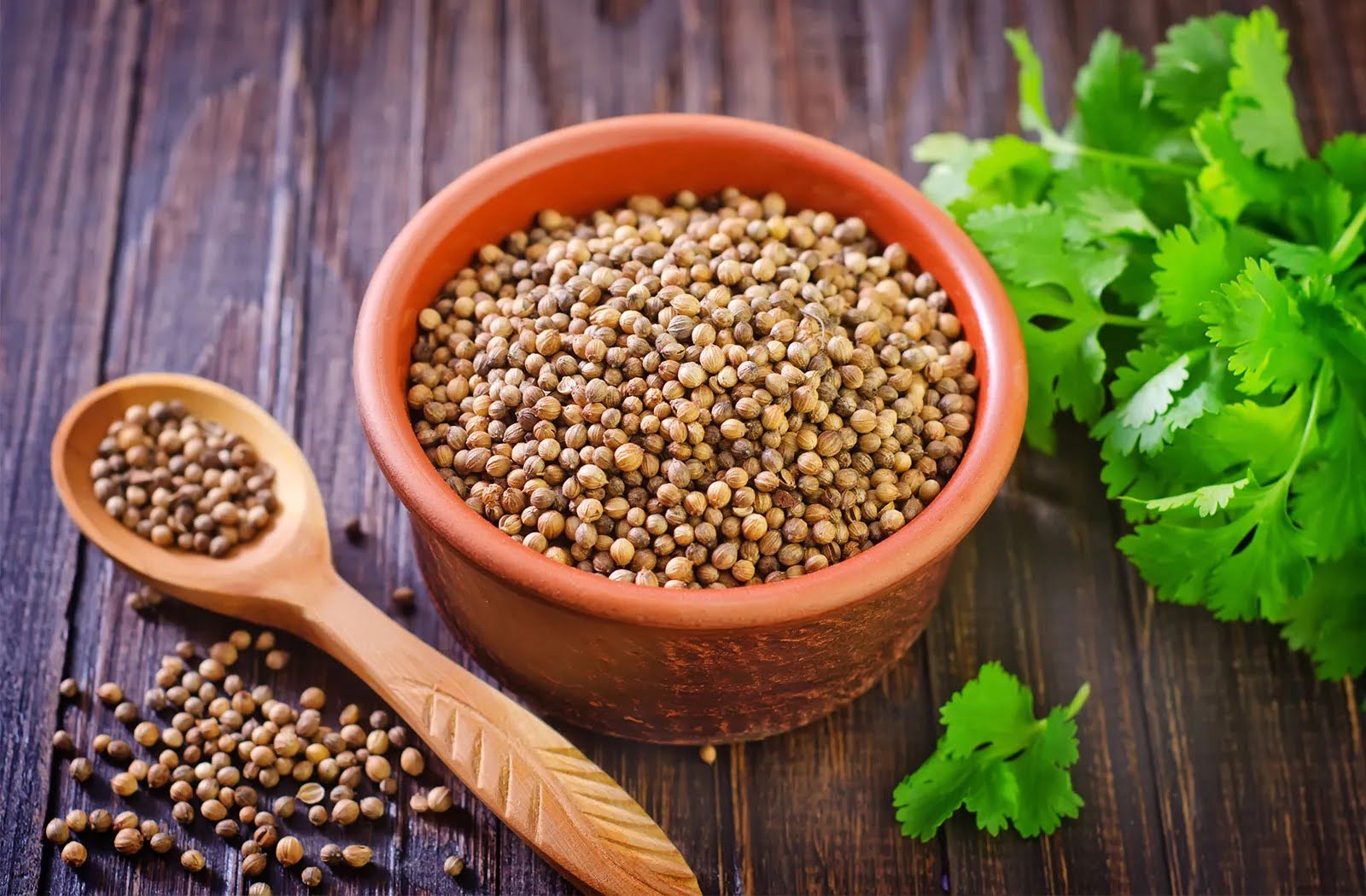
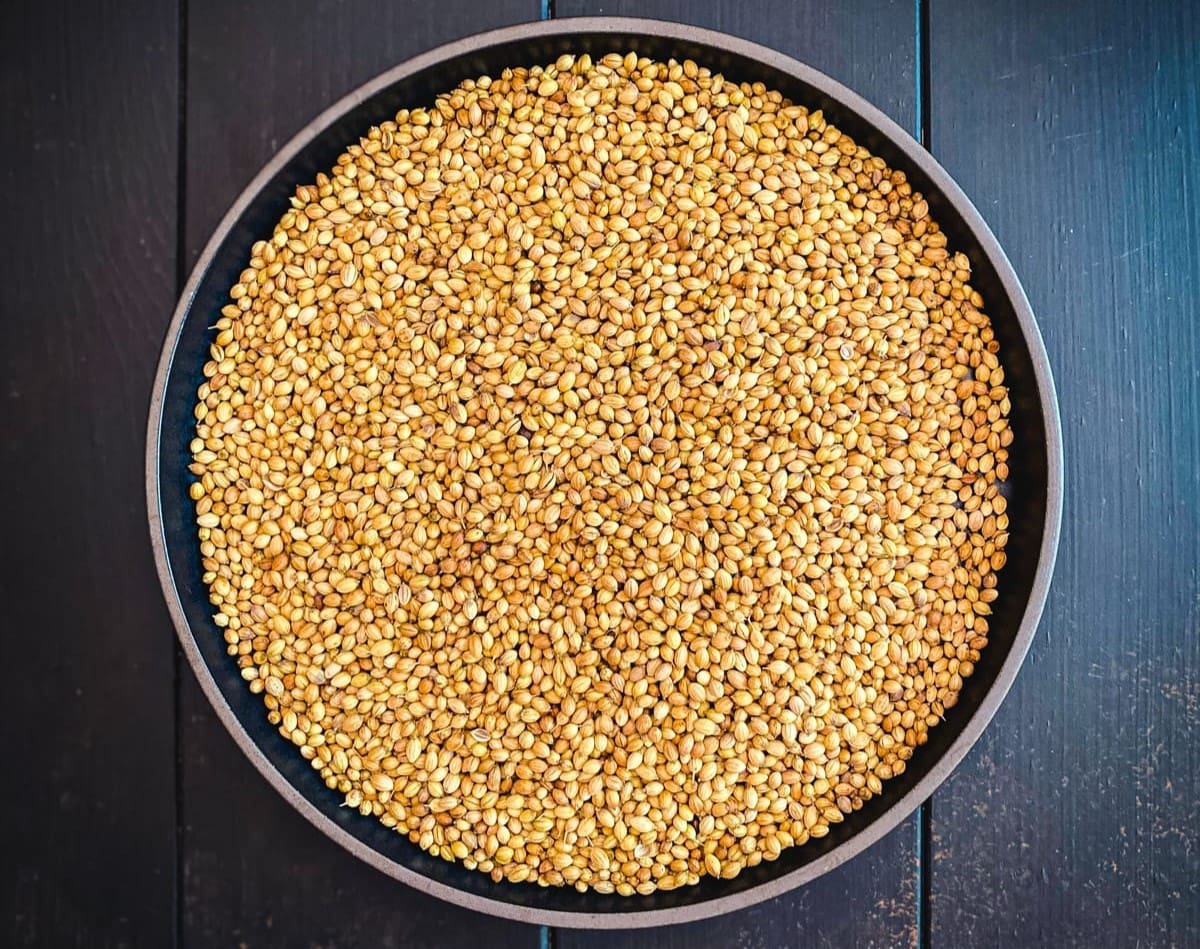
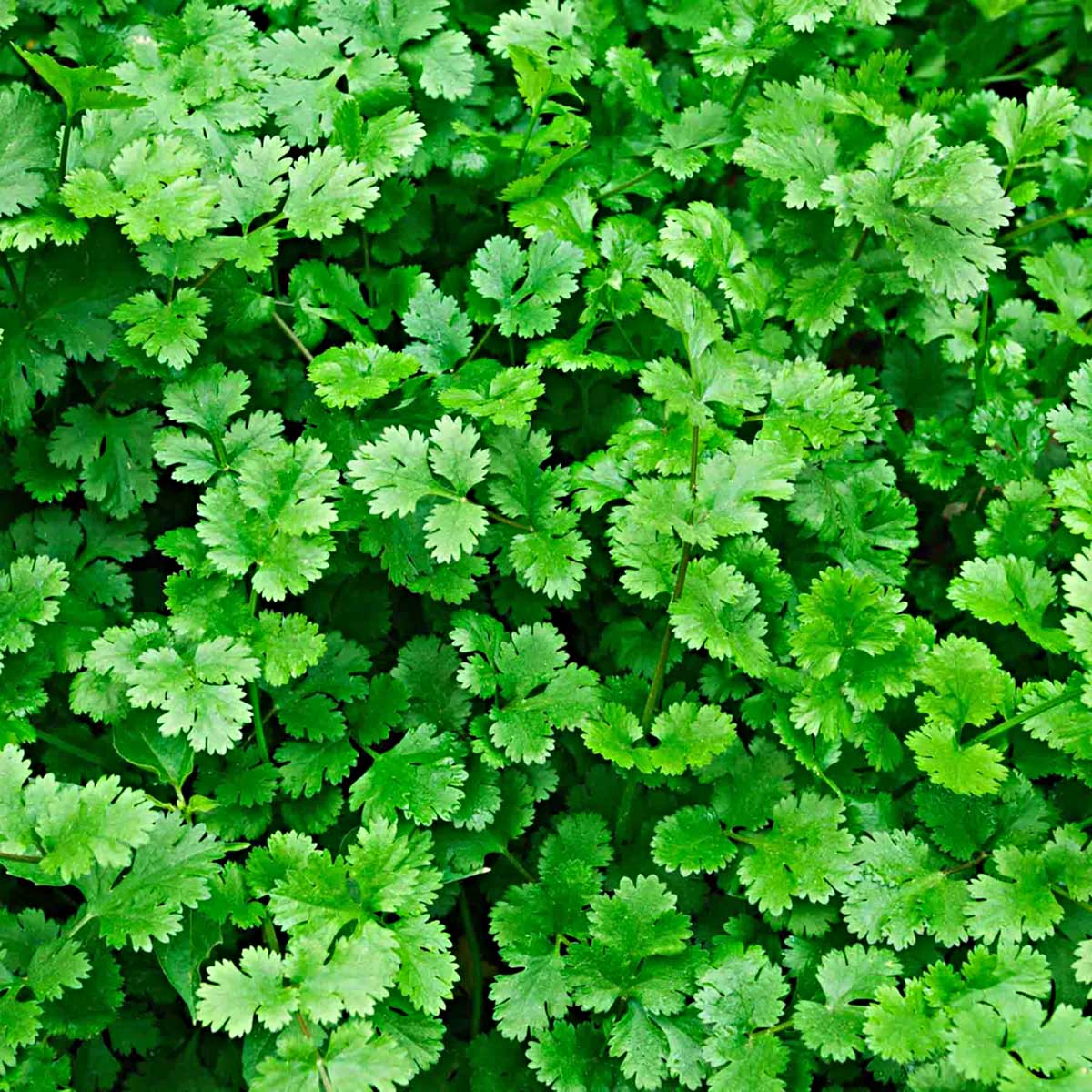
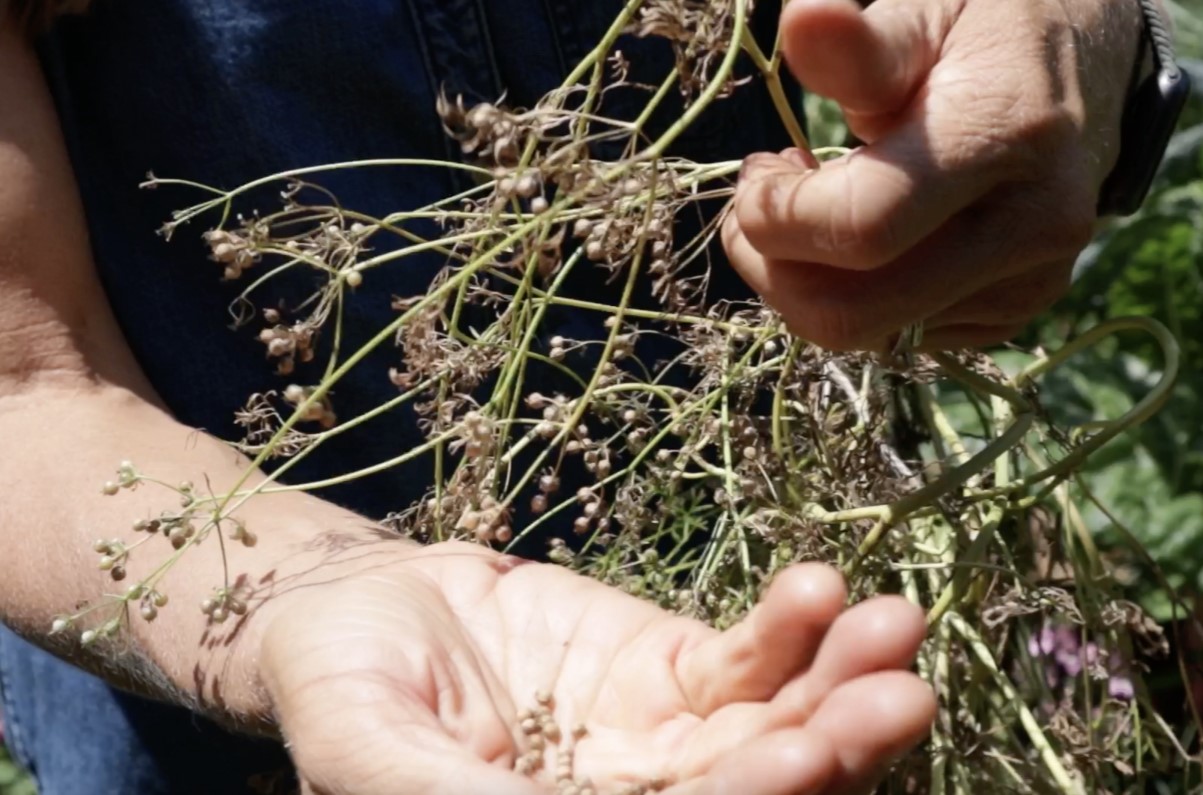

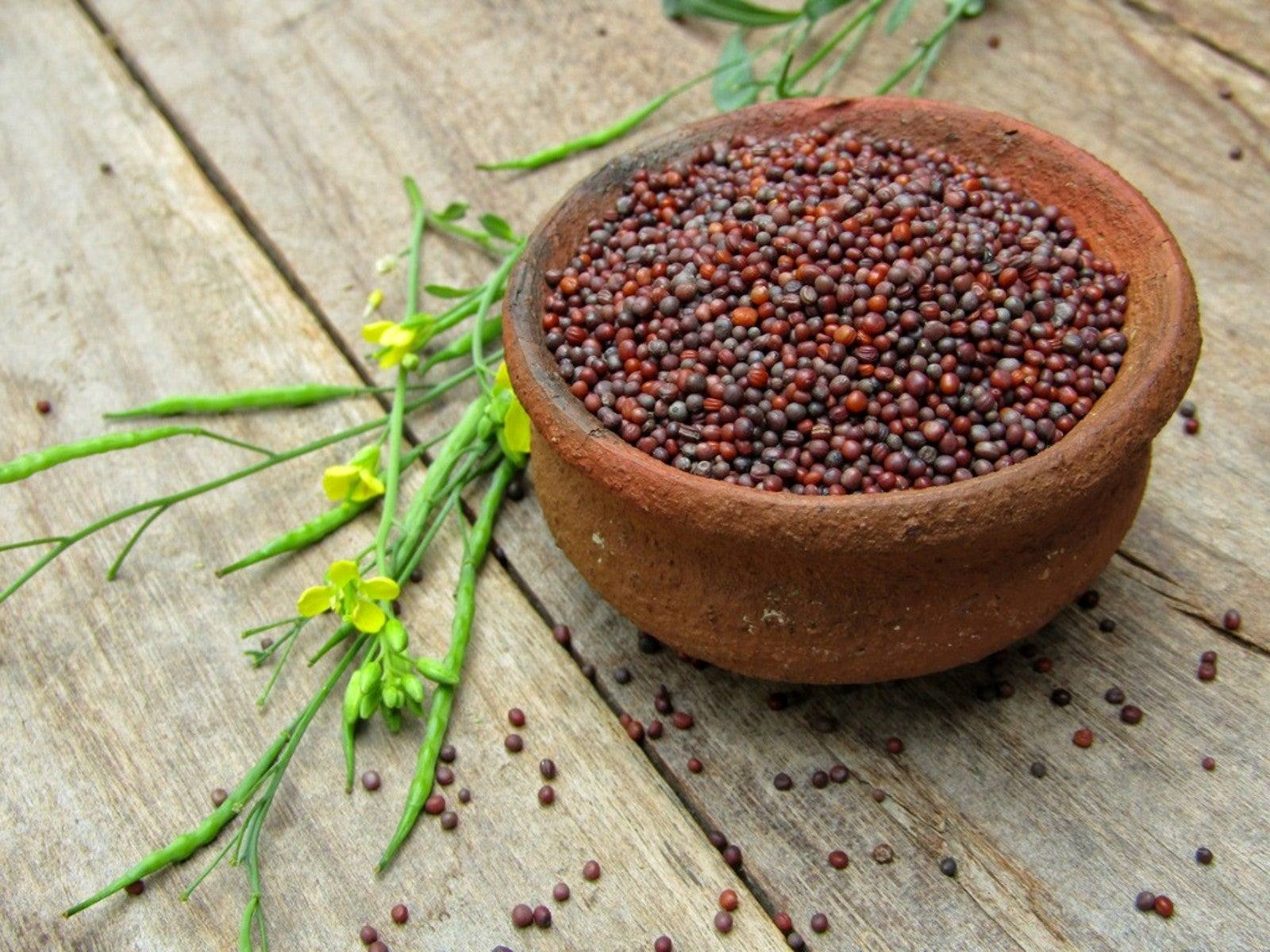
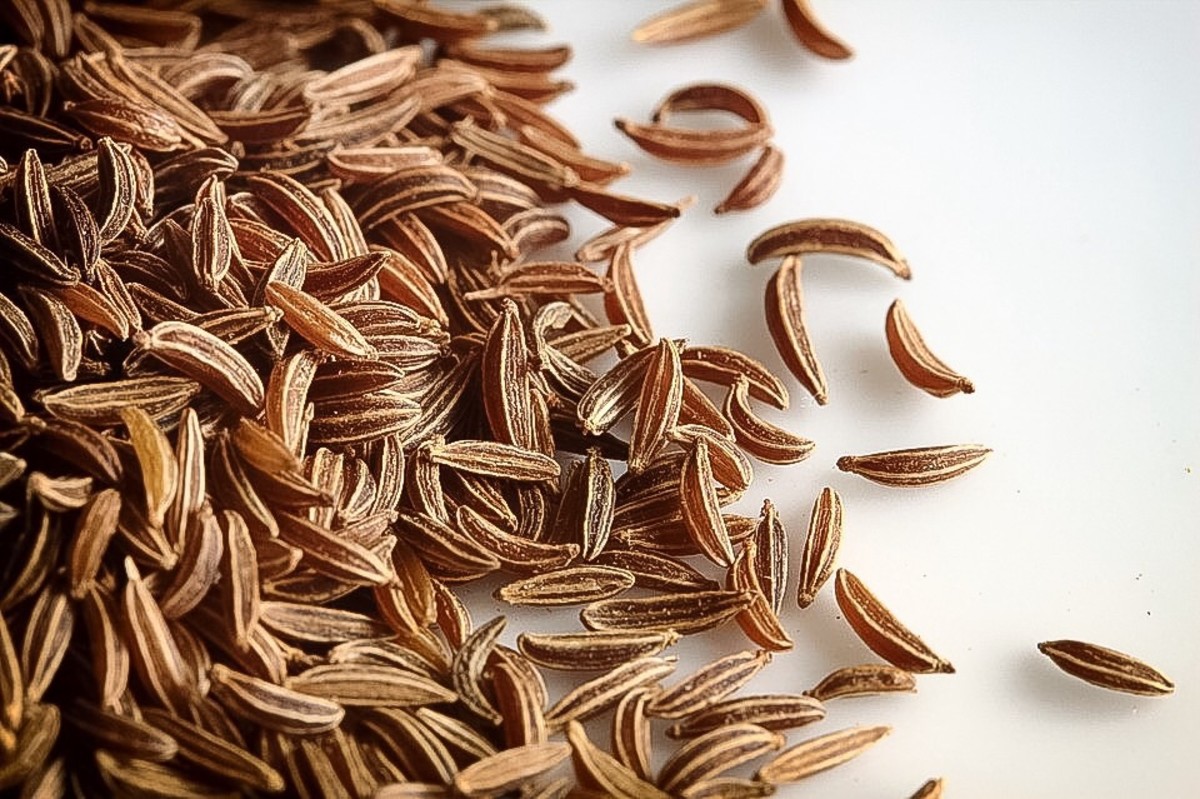
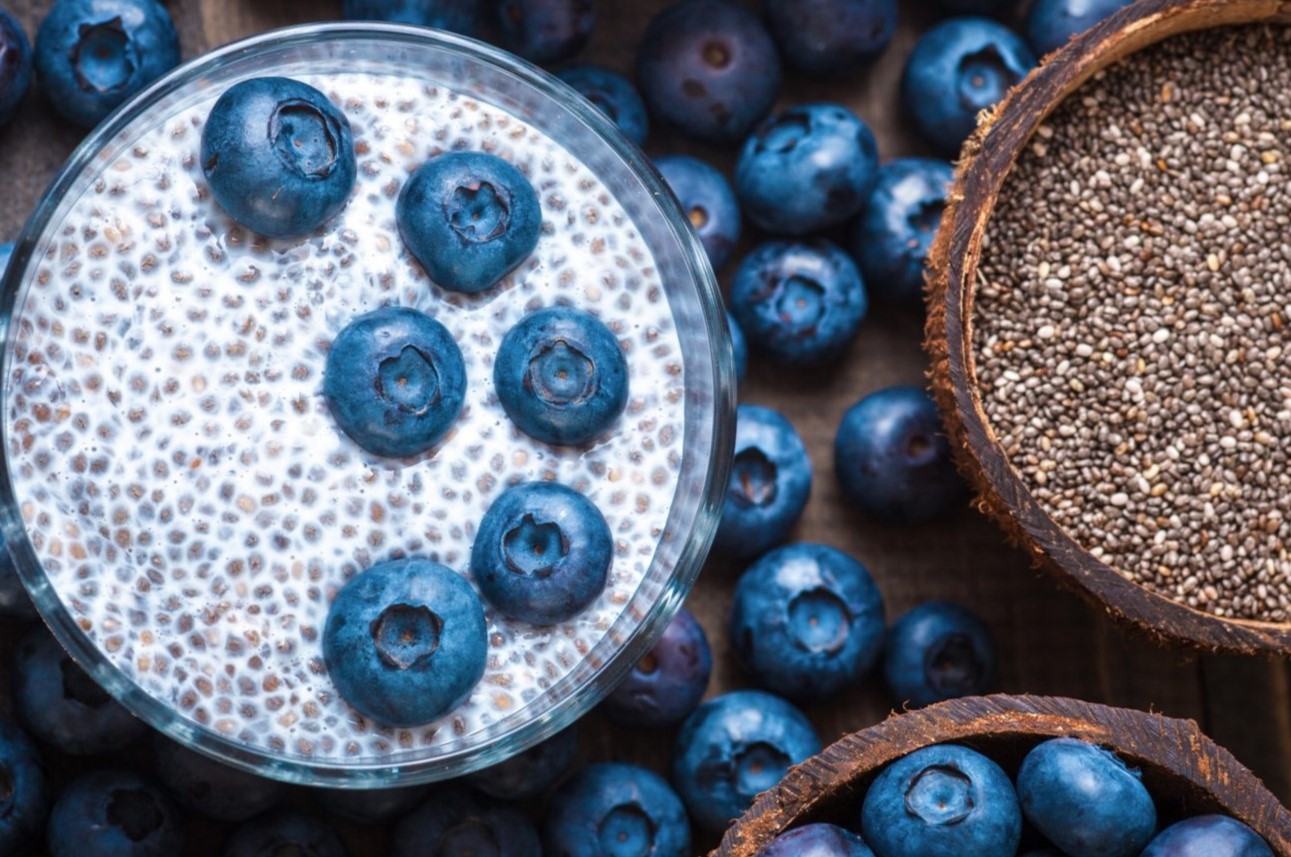
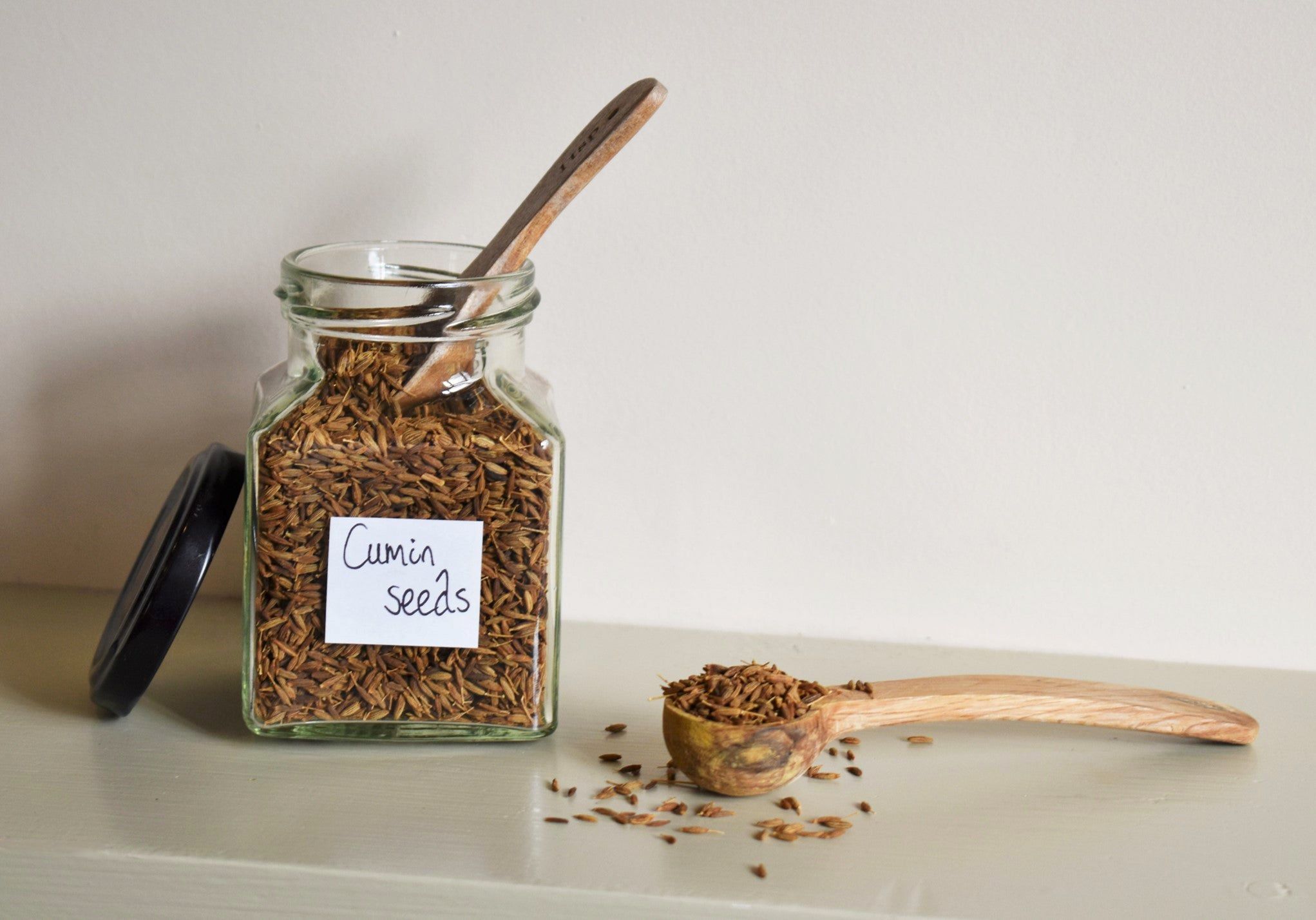
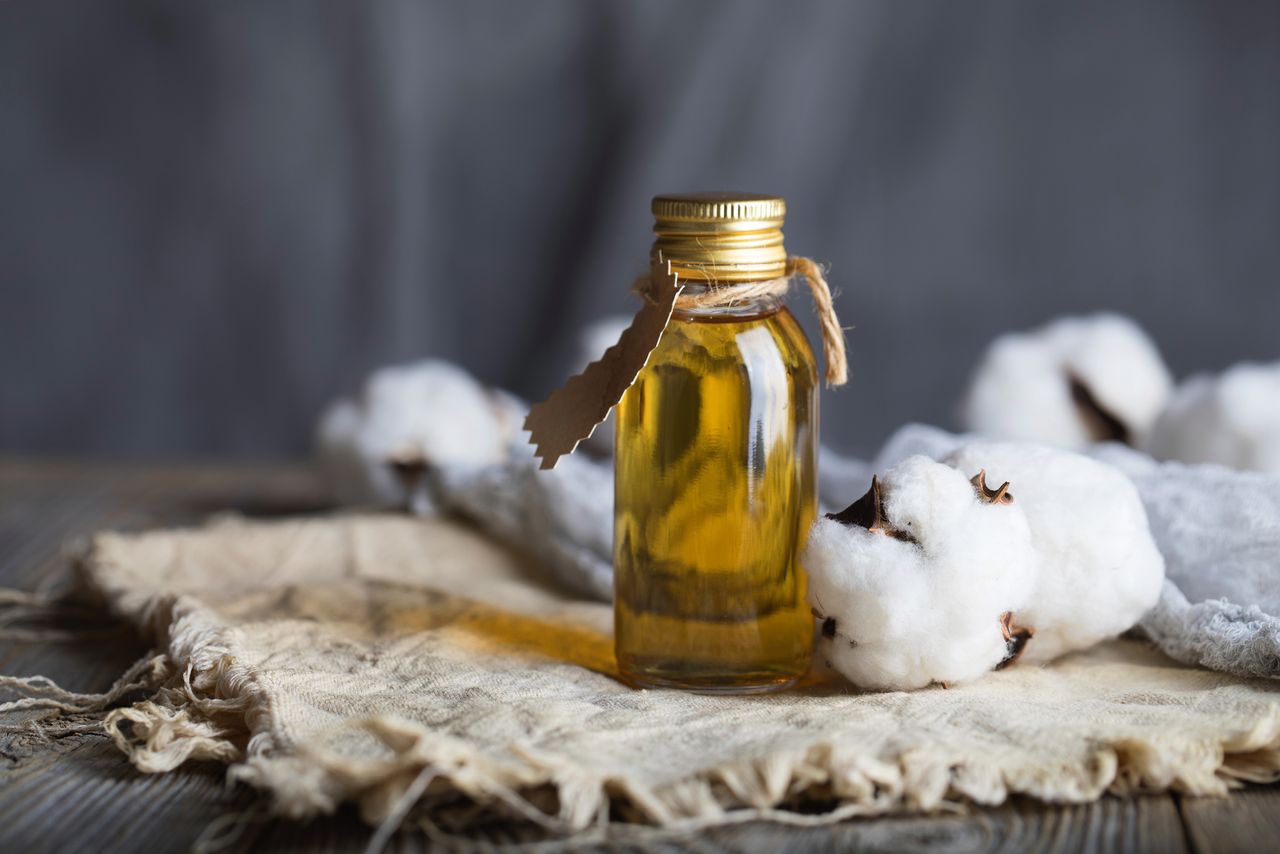
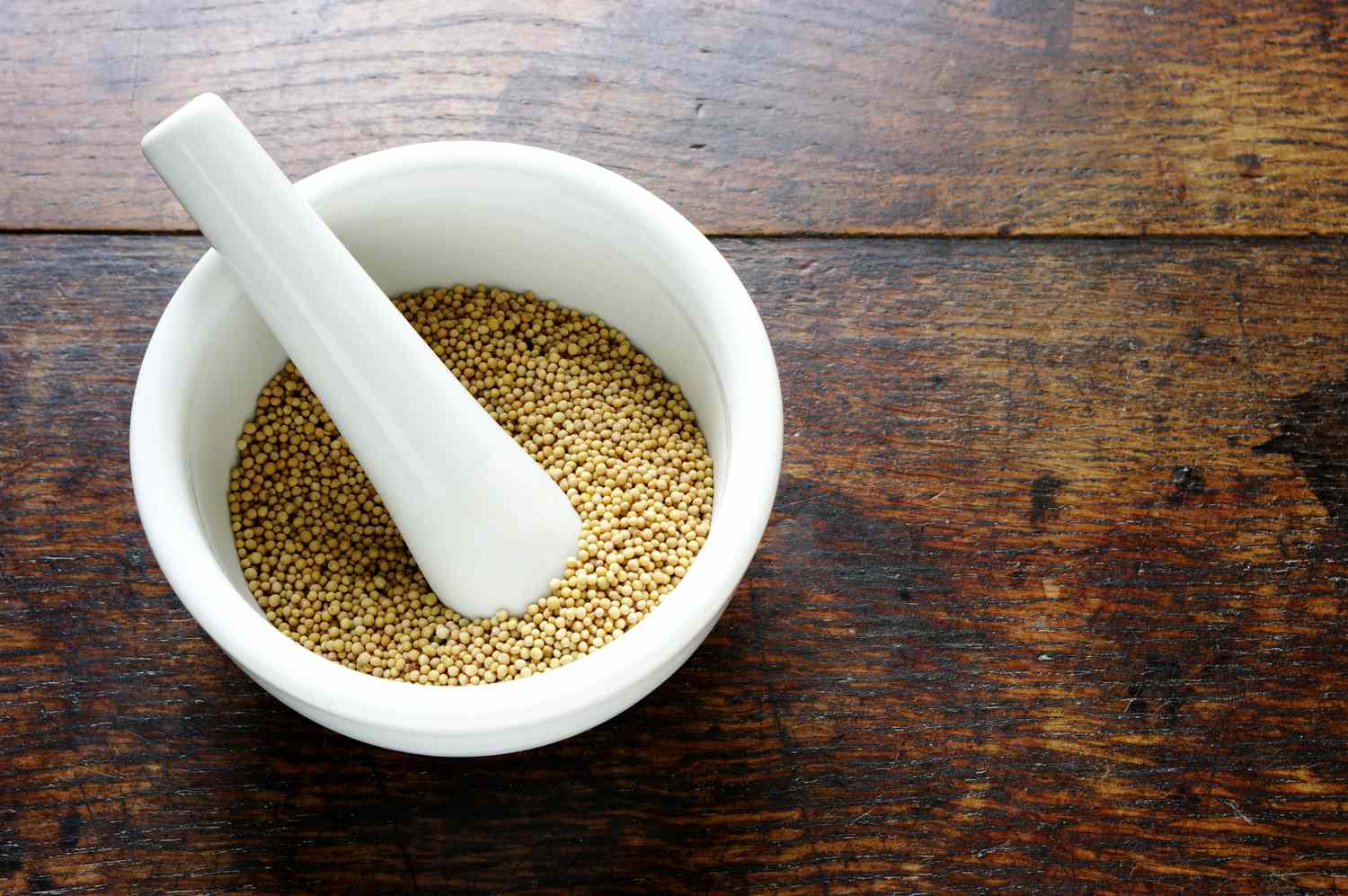
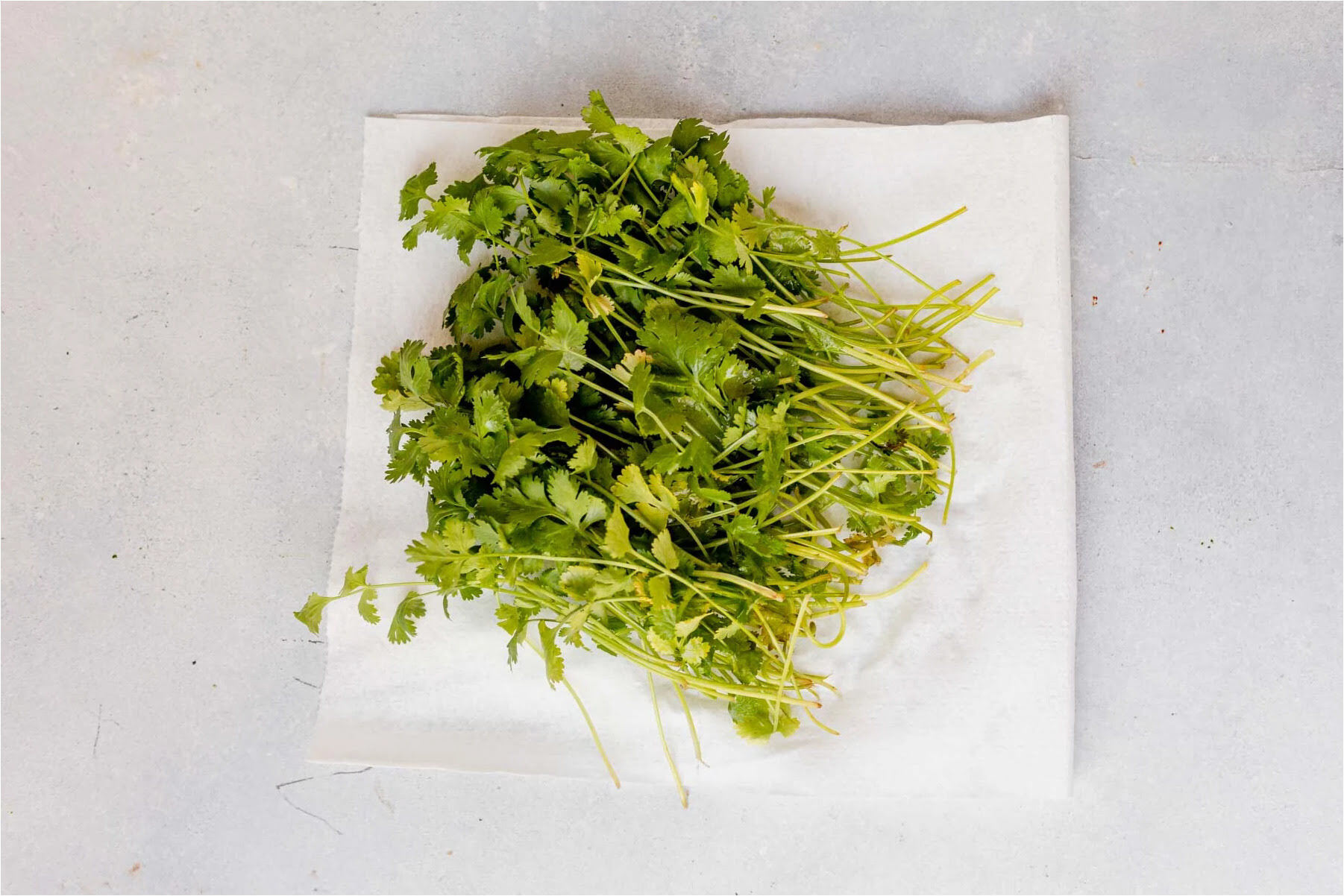
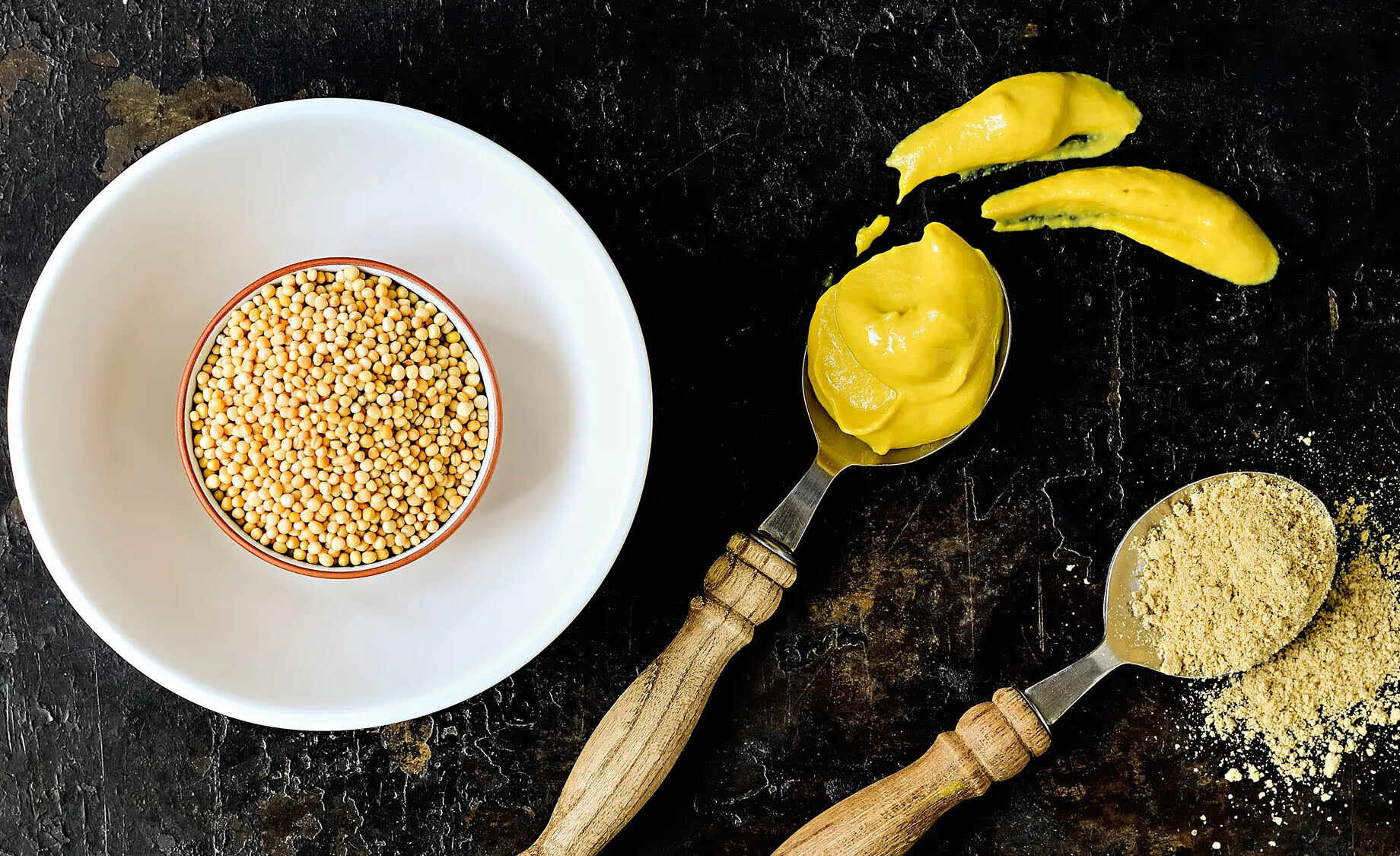

0 thoughts on “What Are Coriander Seeds Used For”